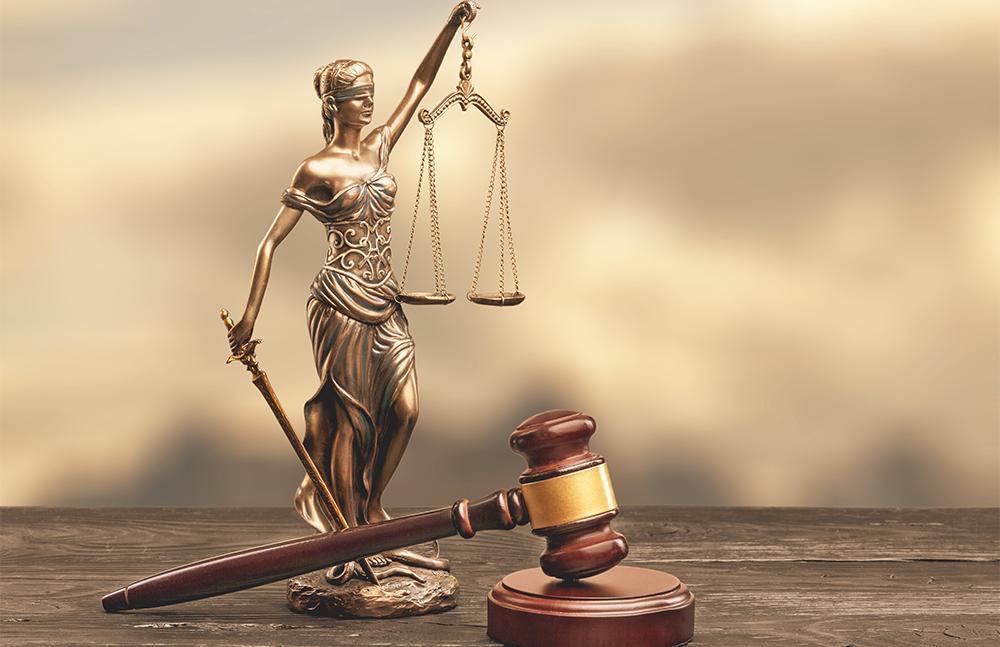Civil Case
A Civil case refers to a legal dispute between two or more parties that typically involves private rights and remedies. It basically involves conflicts between people or institutions such as businesses, typically over money.
In a civil case, one party or a business, known as the plaintiff, seeks a legal resolution or compensation for a perceived harm or injury caused by another party, known as the defendant. Civil cases can cover a wide range of matters, including contract disputes, property disputes, personal injury claims, employment disputes and more.


Unlike criminal cases, where the government prosecutes an individual for violating laws, civil cases generally involve disputes between private individuals, organizations, or entities. The objective of a civil case is to seek a resolution through the court system, often aiming for compensation, damages, or specific performance, rather than criminal punishment.
Civil cases are typically resolved through negotiation, settlement agreements, or by going to trial, where a judge or jury will evaluate the evidence presented and make a decision on the case.
Civil cases encompass a wide range of legal matters. Some common types of cases that fall under civil law include :
- Contract Disputes : Disputes arising from breach of contract, non-performance, or disagreements over terms and conditions of a contract.
- Personal Injury Claims : Cases involving harm or injury caused by the negligence or intentional actions of another party, such as car accidents, medical malpractice, slip and fall accidents, product liability, etc.
- Property Disputes : Disputes over real estate, including boundary disputes, landlord-tenant disputes, property damage claims, or disagreements regarding property ownership or use.
- Employment Disputes : Cases involving workplace issues, such as wrongful termination, workplace discrimination, sexual harassment, wage disputes, or breach of employment contracts.
- Intellectual Property Disputes : Cases related to copyrights, trademarks, patents, trade secrets, or other intellectual property rights.
We resolve a civil case through various methods, depending on the circumstances of the case and the preferences of the parties involved. Here are some common approaches :
- Negotiation/Settlement : One of the most common ways to resolve a civil case is through negotiation and settlement. The attorneys representing both parties engage in discussions and negotiations to reach a mutually agreeable resolution. This may involve compromises, concessions, and the payment of damages or other forms of compensation.
- Arbitration : Arbitration is a process where a neutral third party, the arbitrator, hears the arguments and evidence presented by both sides and makes a decision that is binding or non-binding, depending on the agreement. It is an alternative to going to court and can provide a quicker and more cost-effective resolution.
- Pretrial Disposition : In some cases, a law firm may seek to resolve the civil case before it goes to trial. This can involve filing motions, engaging in pretrial conferences, or participating in alternative dispute resolution methods, such as case evaluation or summary judgment motions.
- Trial : If a settlement cannot be reached or if one party is not satisfied with the proposed resolution, the case may proceed to trial. Attorneys from the law firm will present their arguments, evidence, and witnesses to a judge or jury, who will make a final decision on the case.
- Intellectual Property Disputes : Cases related to copyrights, trademarks, patents, trade secrets, or other intellectual property rights.
